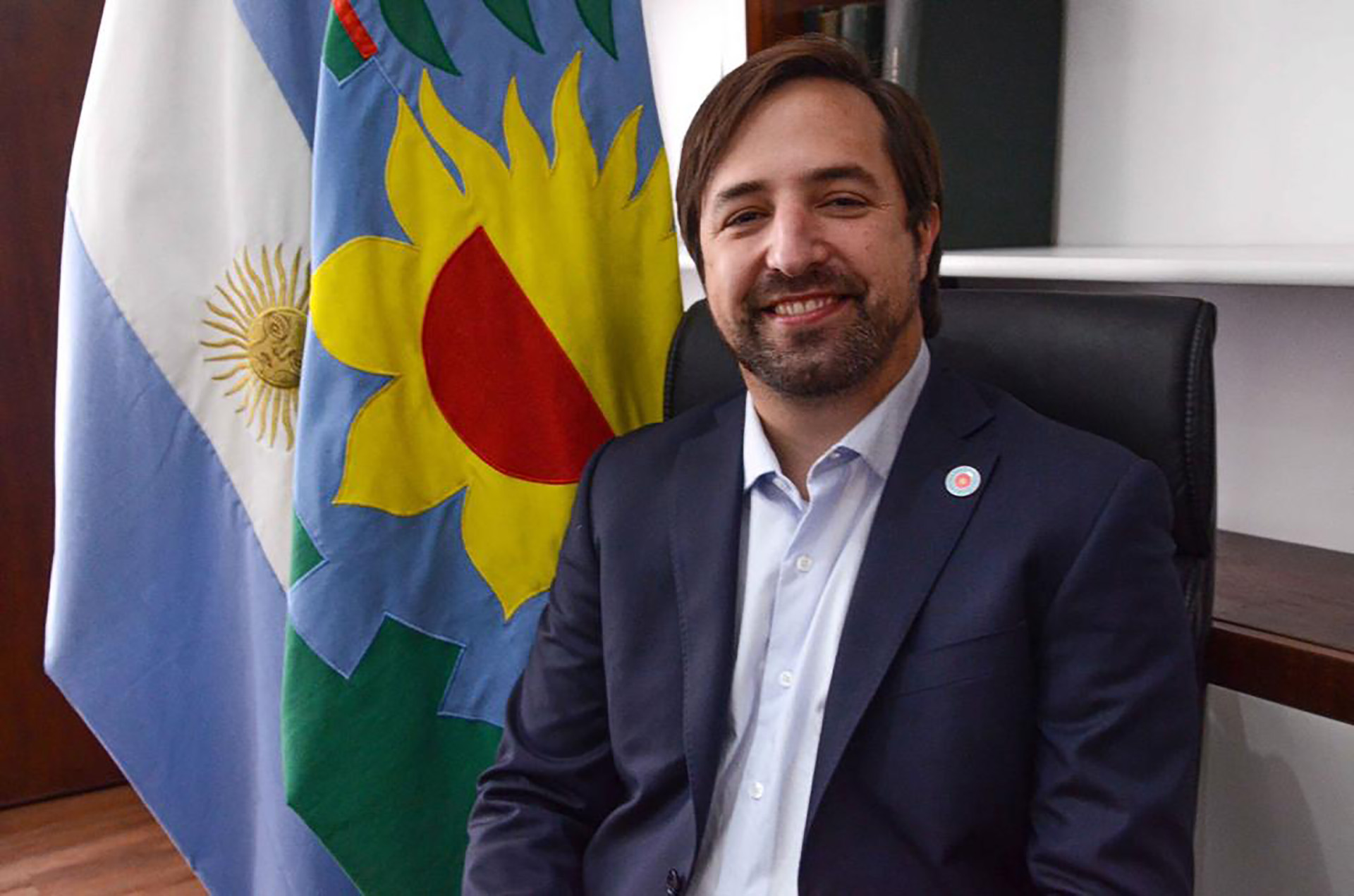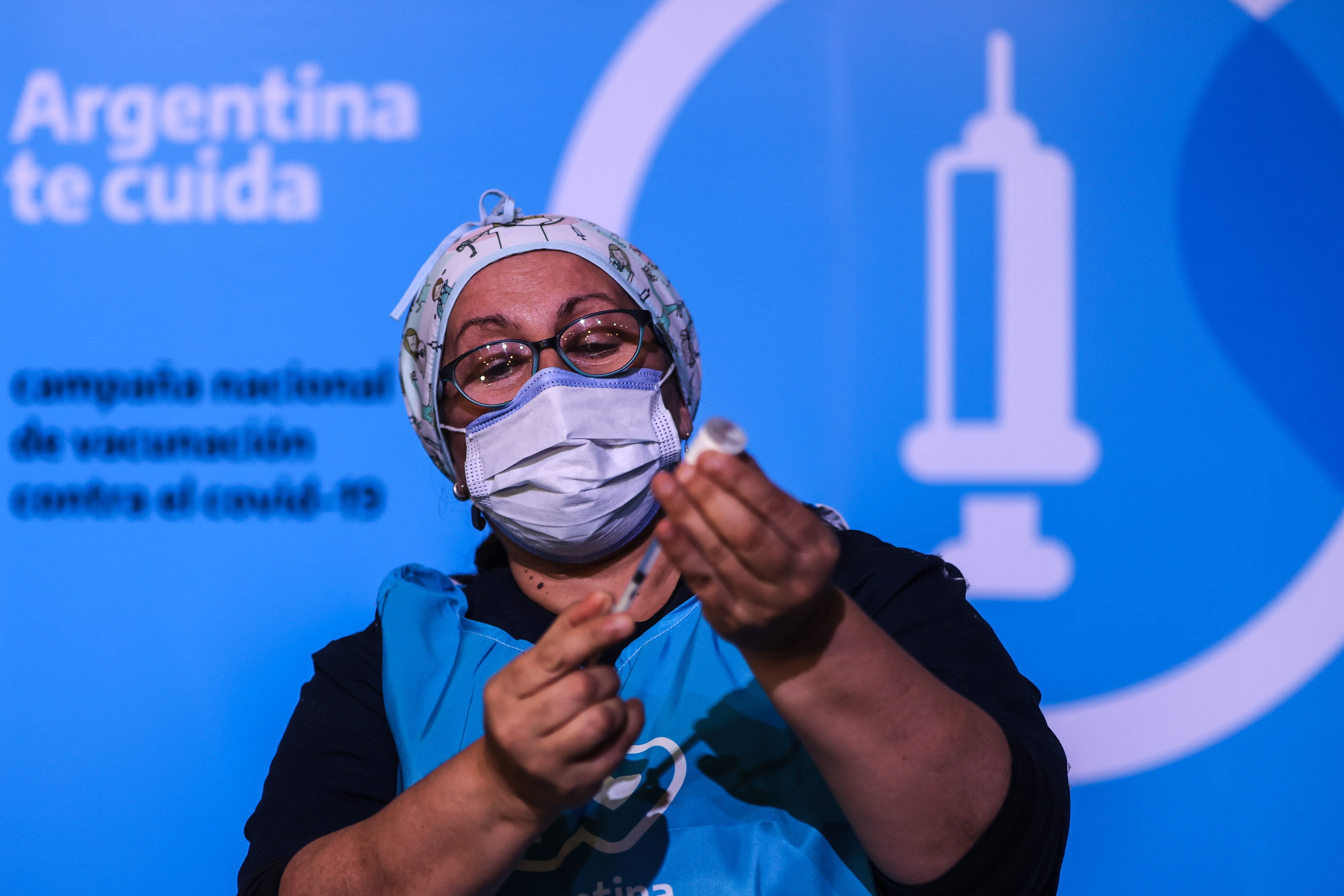
The Ministry of Health of the Nation reported this Wednesday, March 16, 2022 that, in the last 24 hours, 39 deaths from coronavirus and 4,681 new infections were recorded. With these data, the cumulative total number of cases since the beginning of the pandemic is 8,985,836, while deaths total 127,334.
This morning, the Buenos Aires Minister of Health, Nicolás Kreplak, said that students will stop wearing masks in the classrooms of schools in the province in the event that there is no increase in cases of coronavirus during April, when temperatures are expected to drop. He also stressed that no increase in infections was detected with the beginning of classes.
“If we see that after the cold weeks the coronavirus does not increase again, we are going to talk about removing the masks from the classrooms; we are going to analyze the entire month of April because in March we are good, if April remains the same, it can be proposed,” said Kreplak in statements in dialogue with FM Urbana Play radio .
In reviewing the epidemiological situation in relation to classes, the minister specified that there was no impact on the increase in cases of COVID-19, which he attributed to care measures, such as classroom ventilation and the use of a mask. He also warned that “we will have to see when the cold comes”.

Although for this new school year the “bubbles” were eliminated in schools, the health portfolio calls for the correct use of masks from all students from the first grade, teachers and non-teachers. Likewise, it is recommended to maintain social distance and cross-ventilation in the establishments and regular hand hygiene.
In turn, the Government of Buenos Aires incorporated 33,000 carbon dioxide sensors to monitor the air in enclosed spaces and provided masks to schools.
Regarding vaccination, the minister specified that, in the province of Buenos Aires, 94% of the population has applied the first dose and more than 84% the second dose.
“The third dose has been increasing but in recent weeks the speed has slowed down. It is important to go to get vaccinated and get the second and third doses,” Kreplak said, saying that “the risk” will come when the cold comes. “Don't be late,” he said. He also recalled that people who have some risk because of their age or health and have already taken all three doses, can access a fourth dose four weeks after the previous one.

Since the start of the vaccination campaign, Argentina received more than 112 million vaccines against COVID-19. Of that total, 102,876,090 were sent to the provinces and 5,083,000 were donated to other countries.
According to the latest official data, until the last update, the total number of inoculations applied amounts to 95,310,114, of which 40,526,118 correspond to the first dose, 36,729,155 to the second, 3,038,293 were additional and another 15,016,548 were booster doses.
In recent days, the Ministry of Health has authorized the application of the Moderna vaccine for children aged 6 to 11 years, thus adding to that of Sinopharm and Pfizer among those who have the guarantee to be applied to that age group.
In a statement, the portfolio led by Carla Vizzotti specified that the decision is based on the analysis carried out by the National Institute of Medicines based on the clinical evidence that demonstrates the feasibility of its application.
KEEP READING:
Últimas Noticias
Debanhi Escobar: they secured the motel where she was found lifeless in a cistern
Members of the Specialized Prosecutor's Office in Nuevo León secured the Nueva Castilla Motel as part of the investigations into the case

The oldest person in the world died at the age of 119
Kane Tanaka lived in Japan. She was born six months earlier than George Orwell, the same year that the Wright brothers first flew, and Marie Curie became the first woman to win a Nobel Prize

Macabre find in CDMX: they left a body bagged and tied in a taxi
The body was left in the back seats of the car. It was covered with black bags and tied with industrial tape
The eagles of America will face Manchester City in a duel of legends. Here are the details
The top Mexican football champion will play a match with Pep Guardiola's squad in the Lone Star Cup

Why is it good to bring dogs out to know the world when they are puppies
A so-called protection against the spread of diseases threatens the integral development of dogs



